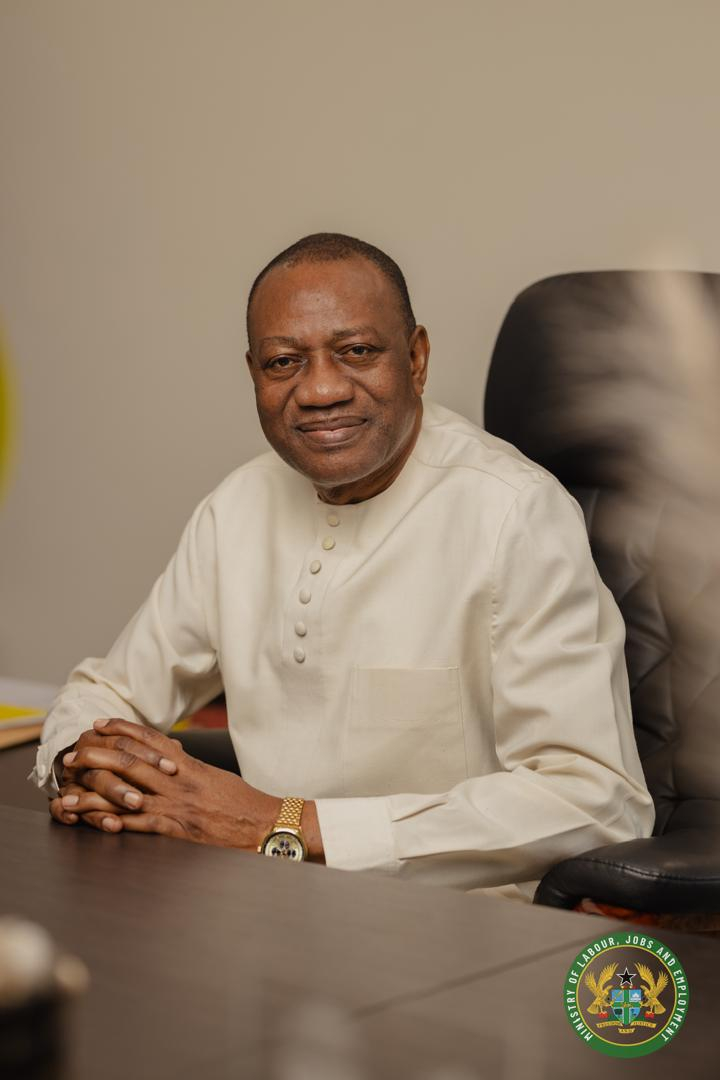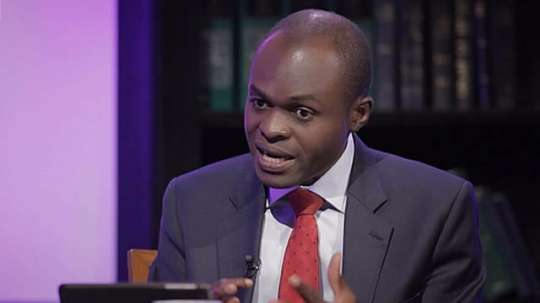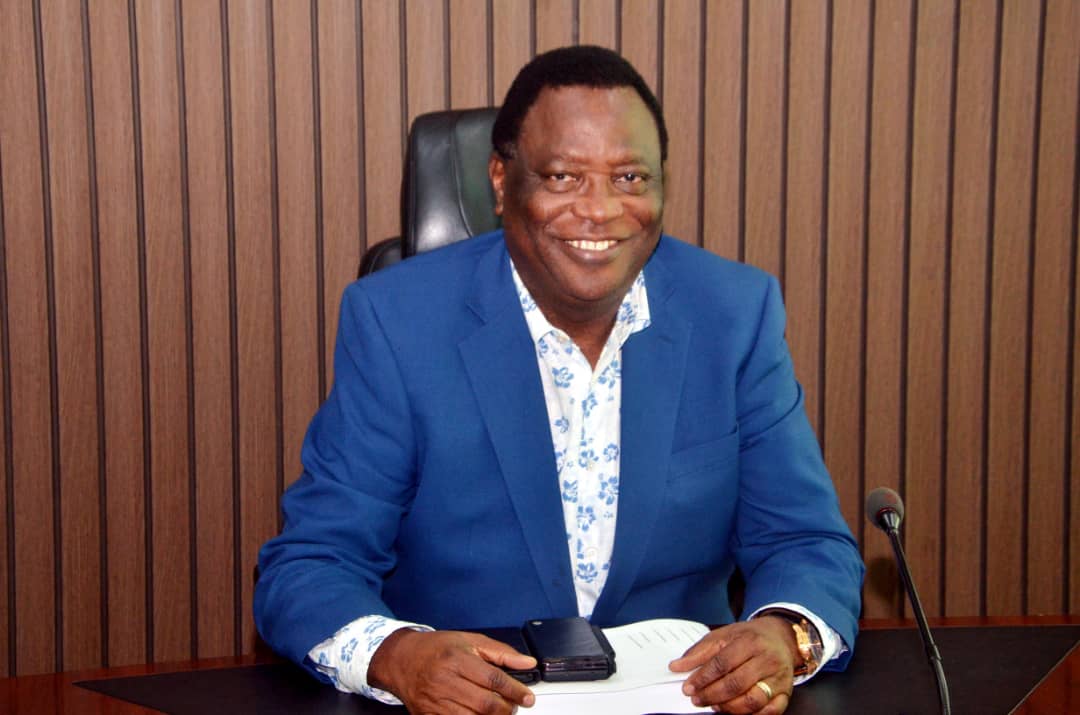Tah succeeds Adesina as AfDB president, promises to deepen intervention
A Mauritania and an economist by training, Dr Sidi Ould Tah has been elected to succeed Dr Akinwumi Adesina as the President of the African Development Bank (AfDB).
Tah is described as a visionary leader and seasoned economist, who is globally renowned for his transformative leadership and expertise in development finance. He is reputed to possess a proven track record of boosting economic growth and empowering institutions.
Tah was elected yesterday by the AfDB’s Board of Governors, comprising Finance and Economy Ministers or Central Bank Governors of the Bank Group’s 81 regional and non-regional member countries during the yearly meetings in Abidjan, Côte d’Ivoire.
In the meantime, the Governor of the Central Bank of Nigeria (CBN), Olayemi Cardoso, was named Central Bank Governor of the Year at the 2025 African Banker Awards Gala, held on Wednesday night in Abidjan.
Tah will assume office as the ninth president of the Bank on September 1, 2025, for a five-year term, following the end of the second mandate of the current President, Adesina.
As a champion of economic growth and sustainable development, Tah’s achievements include significantly increasing the capital base of the Arab Bank for Economic Development in Africa (BADEA) and fostering partnerships to support small and medium enterprises (SMEs) across the continent.
His dedication to Africa’s development and inclusive leadership also earned him recognition as a leader in his field.
In his policy brief that drove his campaign for the headship of the AfDB, he pledged to consolidate the Bank’s financial capacity, saying, “Under my leadership as president of the African Development Bank Group, the AfDB will not limit ambition to its available capital. I will utilise callable capital, attract private co-financing, and enhance our impact using structured instruments that align with Africa’s needs.”
He argued that in development, scale is not just an aspiration, but a test. He added that he will transform AfDB from fragmented pilot projects to flagship interventions that have a multi-country reach, a real implementation framework, and measurable results.
Indeed, over 700 BADEA-financed projects have been completed across 44 African countries, most within three-year cycles. These projects exemplify what disciplined, large-scale execution with strict timelines can achieve.
According to him, strengthening institutional credibility is of utmost importance. “Institutions succeed or fail based on the confidence they command. Under my leadership, the AfDB Group will restore this confidence through clear fiduciary standards, skilled staff, and predictable governance,” he stated.
Tah, who also pledged to deepen partnerships and global relevance, explained, “The next AfDB President must speak to investors in Riyadh, Beijing, and Nairobi with equal fluency. I bring a partnership model built not on aid but aligned capital and shared purpose.”
Under Tah as the DG, BADEA forged over $6 billion in South-South co-financing, aligned directly with Africa’s industrial, trade, and infrastructure priorities, not donor agendas.
The new AfDB helmsman declared that Africa stands at a crossroads, saying, “We need bold, proven leadership.”
The AfDB helmsman attracted $50 billion mobilised for Africa’s development, 400 megawatts of solar power to more than 800 communities within tens of thousands of jobs created through small and medium scale.
On investments, he built the Arab-Africa Financial Consortium, among others.
As the Director-General of the Arab Bank for Economic Development in Africa (BADEA), he oversaw significant transformation, increasing the bank’s assets from four billion to nearly seven billion dollars. His tenure at BADEA is marked by a special focus on Africa’s economic development.
MEANWHILE, the award, presented by African Banker magazine, recognised Cardoso’s ‘bold and strategic’ leadership in steering monetary and regulatory reforms that have restored stability and confidence in Nigeria’s financial system.
The Awards Committee praised the CBN under Cardoso for implementing key policy measures aimed at stabilising the naira, improving transparency in the foreign exchange market, and re-establishing policy credibility. The Committee noted that these efforts have laid the groundwork for long-term macroeconomic resilience and renewed investor confidence.










